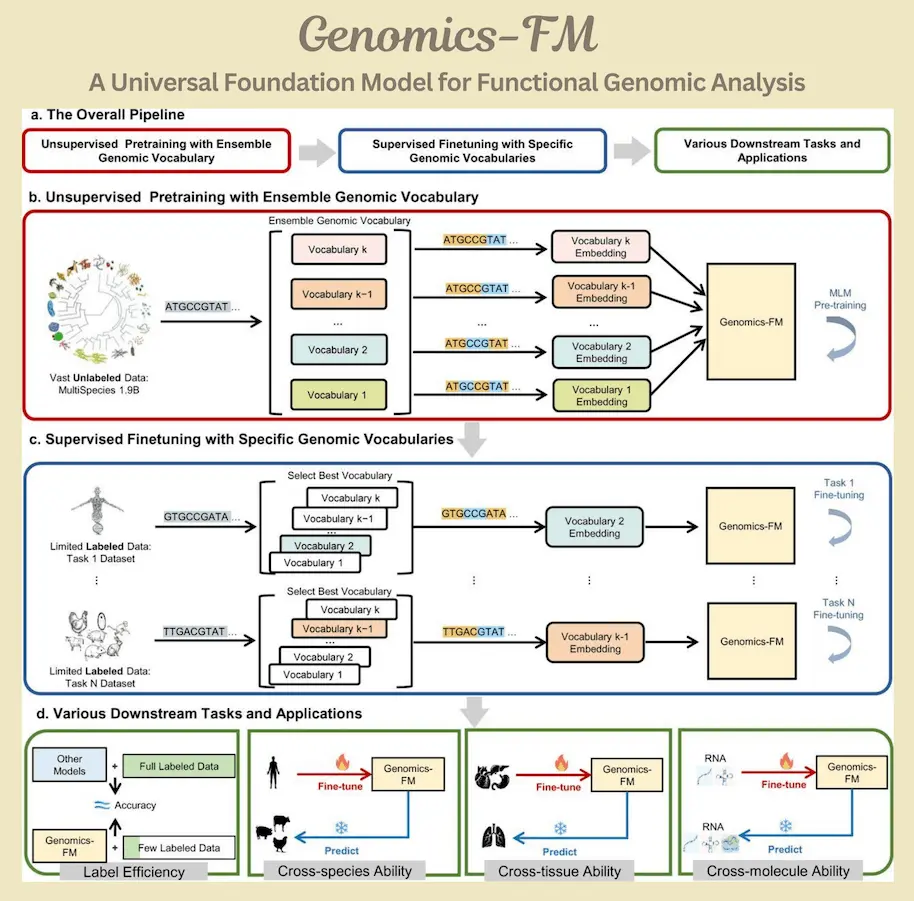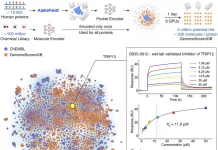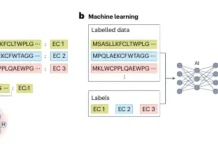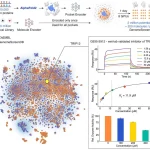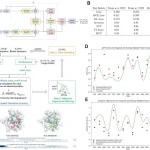The ground-breaking study introduces functional genomics analysis’s foundation model, Genomics-FM. This versatile and data-efficient model overcomes the limitations of traditional AI approaches. Genomics is a field that has seen a transformative shift due to the introduction of artificial intelligence. Researchers are increasingly using AI to unveil the intricacies of genomes, from understanding genetic diseases to devising new therapies. Nevertheless, there is always an enormous challenge as these AI models require a lot of labeled data to train them.
What is Genomics-FM?
Genomic information can be analyzed using Genomics-FM, an advanced AI model developed specifically for this purpose. Traditional AI models largely depend on carefully annotated datasets, unlike Genomics-FM, which can learn from vast amounts of unlabelled genomic information. This process, called pre-training, enables the model to possess a basic comprehension of complex patterns and relationships existing in genomic data.
Ensemble genomic vocabulary is a critical innovation behind Genomics-FM. It implies that the model learns from different representations of genomic information, enabling it to be adaptable and versatile for various genomic tasks. After pre-training, Genomics-FM can be easily adapted to specific tasks with little labeled data via fine-tuning.
Unleashing the Power of Versatility
The versatility of Genomics-FM is one of its most striking features. A wide range of genomic tasks can be addressed by it, including:
- Genome annotation: Identification of functional elements in the genome, such as genes, promoters, and enhancers.
- Epigenomic and expression profile prediction: How genes are regulated and expressed among different cells and tissues.
- Variant effect assessment: Determination of genetic variations on a person’s health.
Genomics-FM differs from other methods in that it goes beyond these central tasks. For instance, this model has produced impressive outcomes during cross-species and cross-tissue analyses. Therefore, it can learn from one species or tissue data and accurately predict outcomes for other species/tissues, thus widening its applications drastically.
Data Efficiency: A Game Changer
One of the major challenges in genomics research is the limited availability of well-annotated genomics data. This makes it difficult to realize AI-driven advancements because the annotation of genomic data is a meticulous and expensive exercise. However, Genomics-FM has overcome this challenge by displaying remarkable data efficiency.
Unlike traditional AI models that perform best only with large amounts of labeled data, Genomics-FM can achieve similar results with much fewer training materials. This is a game-changer for the industry. Instead of putting immense effort into annotating whole datasets, researchers can now focus on creating high-quality annotations for specific research questions.
Besides, this lets those in underprivileged regions or institutions actively engage in cutting-edge genomics studies due to their lack of extensive resources. For example, Genomics-FM lowers reliance on massive annotated datasets, making advanced genomic analysis tools available to everyone involved.
Beyond Genomics: Cross-Molecule Analysis Potential
One of the most fascinating aspects of Genomics-FM is its ability to go beyond DNA and RNA. Although it was primarily trained on the DNA codes, this model has shown a surprising talent for analyzing issues relating to RNA. It is reasonable to conclude, therefore, that Genomics-FM has learned implicitly some of the underlying principles in molecular biology shared between these two vital biomolecules.
This allows for new research opportunities across molecules. For example, understanding the complex relationships between DNA and RNA is crucial in gene regulation and unraveling molecular mechanisms underlying diseases. The ability of Genomics-FM to bridge this divide could yield significant contributions toward our understanding of these processes.
Modeling can speed up research into new medicines through the analysis of RNAs. Many diseases are mainly RNA-based, e.g., viral infections. By using Genomics-FM to work with data on RNAs, one can expect novel drug targets and more efficient therapy approaches.
Conclusion And Glimpse Into The Future
The birth of genomics-FM has revolutionized functional genomics. This foundational model can transform our understanding and manipulation of the genome by addressing data deficiency, which is a major problem, and displaying great adaptability. Genomics-FM offers a powerful tool for speeding up research and development as we explore further human biology and diseases.
The future of genomics holds so much promise. Progress will be made in personalized medicine, drug discovery, and agricultural biotechnology based on what has already been established through Genomics-FM. As computing power increases alongside an increasing knowledge about biological systems, more advanced models to address progressively intricate genomic problems are not farfetched. In terms of the genome-unlocking journey, we are just beginning, while breathtaking opportunities lie ahead concerning Genomics-FM.
Join the Conversation!
Genomics-FM is completely transforming functional genomics. What do you think about its impacts on the world? How would you describe the transformation potential of Genomics-FM for health and medicine?
Kindly leave your opinions and queries below! We can’t wait to know what you’re thinking.
Let’s talk about where genomics might be going.
Article Source: Reference Paper
Important Note: bioRxiv releases preprints that have not yet undergone peer review. As a result, it is important to note that these papers should not be considered conclusive evidence, nor should they be used to direct clinical practice or influence health-related behavior. It is also important to understand that the information presented in these papers is not yet considered established or confirmed.
Follow Us!
Learn More:
Anchal is a consulting scientific writing intern at CBIRT with a passion for bioinformatics and its miracles. She is pursuing an MTech in Bioinformatics from Delhi Technological University, Delhi. Through engaging prose, she invites readers to explore the captivating world of bioinformatics, showcasing its groundbreaking contributions to understanding the mysteries of life. Besides science, she enjoys reading and painting.

